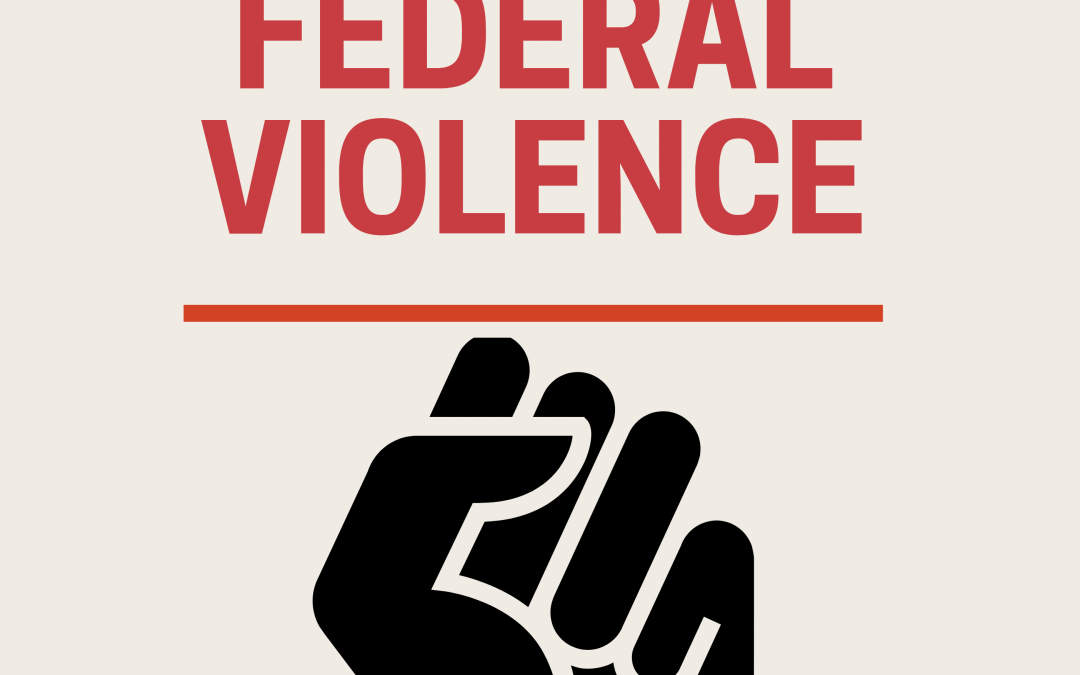Social workers help clients navigate attacks on the undocumented
By Faye Beard
Deaths in custody, physical and sexual abuse, and mistreatment of children and pregnant women are among the human rights violations against U.S. immigration detainees. An investigation conducted by the office of Georgia Sen. Jon Ossoff revealed more than 500 credible reports of abuses since Jan. 20, 2025.
Social workers have been helping their clients navigate what has been described as merciless attacks on undocumented people and those suspected of being undocumented.
“The current administration has enacted policies that are endangering immigrant children and families at every stage of migration,” said Melissa Adamson from the National Center for Youth Law. Earlier this year, the lawyer offered insight on an NASW panel titled Supporting Immigrant Communities: A Conversation for Social Workers. Adamson pointed out that children are now being detained more than twice as long—from two months to five months.
“The longer children spend in federal custody, the more exposure to harm and the more their mental health deteriorates,” said Adamson. She also noted that unaccompanied minors have been denied their right to an attorney who would represent them in their immigration cases.
“Our clients tend to be incredibly fearful of being returned to detention centers or being deported to a country that persecuted them,” said Miriam Camero, JD, LMSW, who served as the former chair of human rights at NASW-Texas chapter. As the director of client advocacy, social services at Tahirih Justice Center in Houston, Camero provides legal and social services to survivors of gender-based violence who are navigating the immigration process.
“Clients fear going to court. They fear going to a community resource. They fear just being out in the public.”
Amid funding cuts and ever-changing laws, the center has had to get creative with how it delivers services, Camero said. “Increasingly, we have to get in the field with clients to do an intake at a food pantry, if there is still one available in the area,” she said.
Her clients make virtual appearances in immigration court, when the judges permit. She also helps her clients devise safety plans on how to activate their support system if they get apprehended, detained, or deported. “What is next for your family? What are the important documents you need to carry with you at all times? Where are these documents located so someone can find them?”
In Immigration 101 for Social Workers, members of NASW-Michigan chapter shared some advice for their colleagues during a webinar. “Learn basic immigration law,” said Holly DeVivo, LCSW. “Learn about local nonprofit, low-cost legal services for immigration law. Keep as up-to-date as possible with immigration changes.” DeVivo is the co-owner of Elevated Therapeutic Services, which provides trauma-informed therapy and immigration evaluations in several states.
Jere’My Rankins founded the San Antonio and Houston-based Minor to Major LLC, a social service agency specializing in immigration issues. The licensed mental health provider has some suggestions for what he refers to as the global community. “Save as much money as you can; it will help alleviate some of the chaos. Have a contingency plan. That means you know what to do. You know who to contact. And don’t break any U.S. laws for the next three years,” he said, explaining that he has noticed a large number of undocumented residents detained because of domestic violence or drunk driving. “There is very little mercy.”
Rankins also has advice for the general public: Distribute red cards to members of the global community. Published by the Immigrant Legal Resource Center, the Know Your Rights cards are free and available for download. Experts agree this information is invaluable if ICE comes knocking.
Faye Beard is a freelance writer based in New York City.



